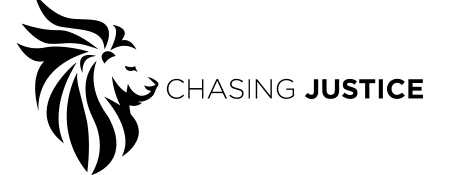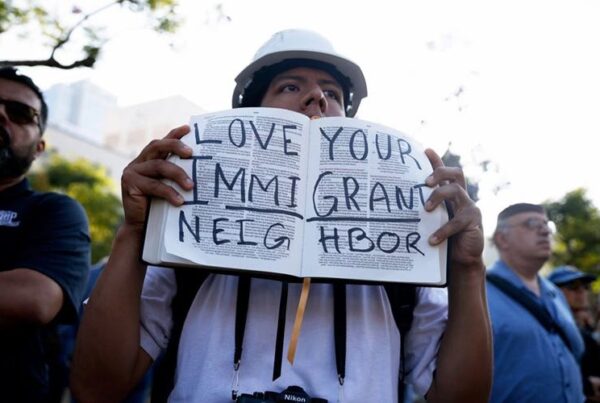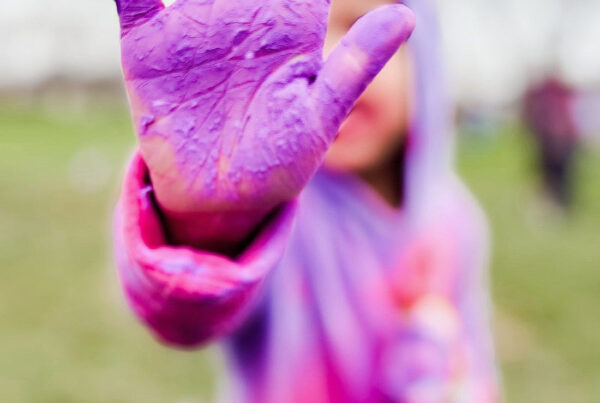Colonized mindsets internalize and operate in scarcity, but historically marginalized people who are liberated make room. As a Chasing Justice community we believe that knowing our stories matter in the journey towards collective flourishing. Our fall series will be sharing our distinct stories because we believe there is enough room for all.
To be black is to be forced to memorize all the scenarios which might lead to you being killed.
When black bodies are an insignia of danger, they’re who must hide to remain safe. But invisibility for black people has meant not being seen by the institutions we expect to preserve us. Justice assures the safety of my body. Not because of my efforts to protect myself, but because outsiders feel no need to dispose of me. In 2017, I navigated the world with paranoia that made heroes look more like villains and their protection like the home for nefarious intentions. That summer I completed an internship and urban program in Chicago. I spent two of my college years living and helping perform restorative work in the city.
My time there was like a movie carried by epochs and intense moments. Some experiences lingered in the back of my thoughts and reminded me of our mind’s unwillingness to let go of what our body has kept tucked. On the Fourth of July, the group I was with decided to visit the pier to see fireworks and experience more of the city’s personality. We were intentionally living on limited resources, so we took the bus or train everywhere.
We arrived and camped out near other crowds of teenagers, and college students, some of us making friends with strangers who lingered around the group. By the time we’d left the pier, traffic was heavy, and Ubers were quickly filling up. It was a lengthy walk to our train, and we eventually got caught in crowds of tourists and residents. We saw all styles of people before encountering a homeless boy who clearly had been subject to abuse. He wore tattered clothes and smelled as if he hadn’t showered in days. Burn marks covered his arm and his head looked as though he’d never known the warmth of a barber’s chair.
We made empty attempts to help before discovering he could sing, although his talent did little, at the moment, to resolve the dilemma of needing to leave or stay and find him a home. My anxiety welled up. Perhaps my upbringing or way of life was simply different, but in my experience, it wasn’t safe to hang out past certain hours on a side of town you weren’t from. The scary part about heroes is that they don’t notice how many others they harm in their efforts to protect one person. Some students noticed my discomfort and inched toward me, others didn’t see me.
We drew unwanted attention while crammed into a narrow street. Some people stopped, stared, and made comments. Young men made eye contact with me, some for long periods. They resembled guys from back home. After a while, more strangers strolled past, surveying the crowd. Each person studied every part of my body. People being threatened by my frame was a hidden fear. The danger of being seen is that within it lies the possibility of being feared. Fear is both an emotion and a weapon. When I’m the object of it, I become less of a human and more of a problem. I felt unsafe. Death became a faint possibility while just living more of a hope. The fear, mishandling, and invisibility of my body in this moment were reflective of the ways in which systems and structures that were a byproduct of anti-black structures chose in which moments my existence would be acknowledged.
In 2017, Kendrick Lamar’s “FEAR” was laced with him brooding over seventeen ways he believed he might die, all through a deadpan voice. Most ways being via customary experiences of a black boy’s life that had death waiting on the other side for him. This moment fits well into the song’s chronicling.
I stood amongst the crowd at 6’1 and weighed 235 pounds. My body invited fear. I was in town doing restorative work through a Gospel-centered organization. No matter my purest intentions, my appearance was the earmark for trouble, especially to black guys my age, or law enforcement. This is a reality I live in. Black bodies must fight to be seen by eyes that fear us. I eventually discovered that no one else in the group had gotten the same reaction from onlookers. I was the only black man; the other two caught an Uber back to the house we were staying in.
A homeless man approached to inquire why there was such a fuss. He got closer before I recognized he was invading my space. I glanced at him, my nose filled with the stench of alcohol, unclean clothes, and the urine in the train station’s corridor. I extended my elbow to create room between the two of us, lightly applying pressure to his chest. He took a step back and gave me a perplexed look, and I could tell he then felt threatened by my presence. I just wanted to leave. I wanted to return home, to my home in Florida. I wanted to be invisible.
The horrifying reality is that when someone is threatened by me it puts me in more danger than they believe they’re in. After a few more minutes of being unsettled, the coordinator of the program hurriedly called us an Uber. The students phoned a few orphanages to find help but I left before any resolution. We all made our way back to the illuminated streets to wait for our ride. Street lights made me visible again. I always wondered why the guys back home enjoyed lounging on street corners in the same neighborhood every night. But I realized under their capes and masks, they were visible here and protected by one another. If only I could abide in the darkness just a little. But as noticeable and dangerous as I looked to America, I could never be invisible. But it will still refuse to see me.
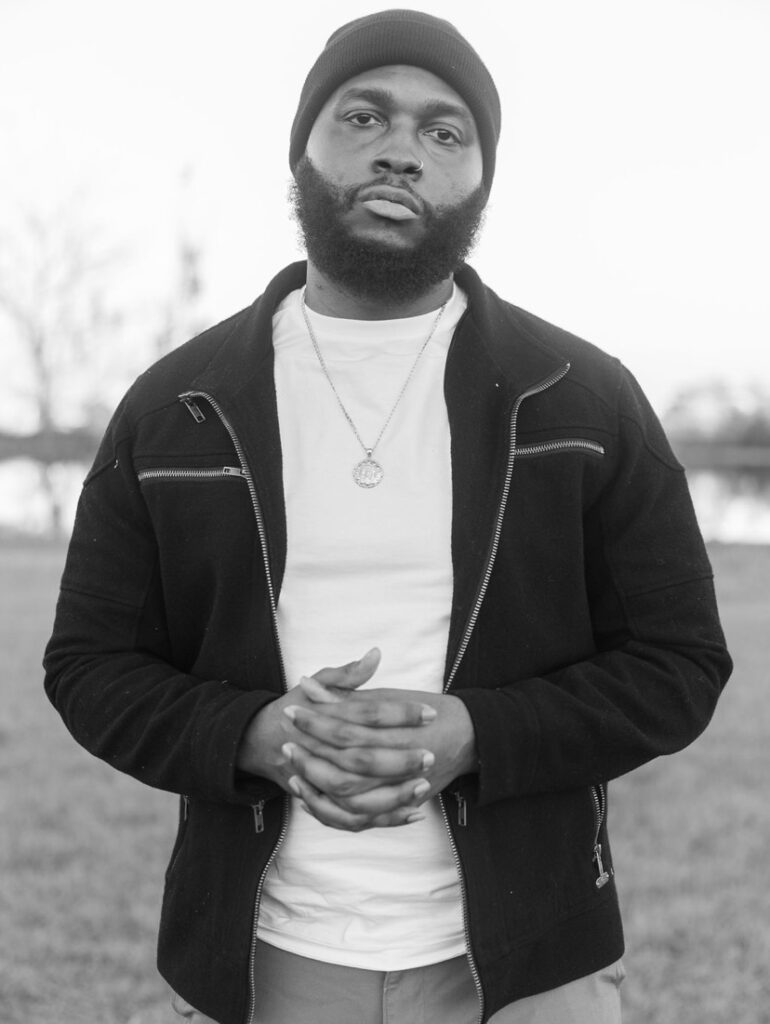
Jaykwon Hosey. Overbearingly Black. Passionately a writer. University of South Florida Alumnus. Philosophy Degree. Hip-Hop Aficionado and storyteller. Follower of Jesus, wielder of words, and lover of humans. I value the seed more than the flower, and the soil more than the seed. Sing About Me. Toldbykwon.com
The views and opinions expressed on the Chasing Justice Blog are those of the authors and do not necessarily reflect the official policy or position of Chasing Justice. Any content provided by our bloggers or authors are of their opinion and are not intended to malign any religion, ethnic group, club, organization, company, individual or anyone or anything.
